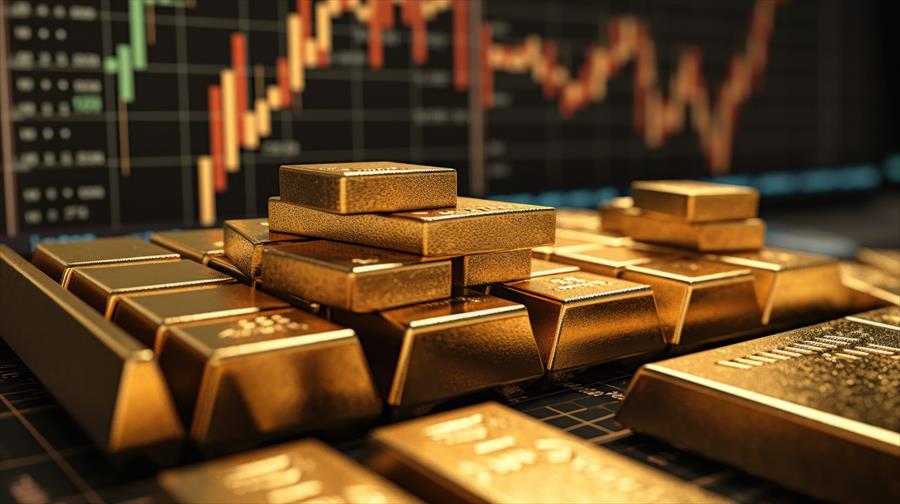Gold’s Enduring Significance in the Modern Global Economy
Gold has been a coveted commodity for thousands of years, revered for its rarity, beauty, and inherent value. Over time, it has played a crucial role in the global economy as a medium of exchange, a store of value, and a hedge against inflation and economic uncertainty. Below, the precious metals experts from First National Bullion, the Carlsbad gold coin dealers collectors trust for outstanding quality and impeccable service, delve into the role of gold bullion and gold coins in the modern economy and explore why they continue to be highly relevant in today’s financial landscape.
The Historical Significance of Gold
Gold has a rich history that dates back to ancient times, where it was used as currency in many civilizations. From the Egyptians to the Greeks and Romans, gold played a vital role in the economy as a means of trade and exchange. Even during the gold standard era in the 19th and early 20th centuries, central banks held gold reserves to back their currencies.
Gold’s Role in the Modern Economy
While the world has moved away from the gold standard, gold remains an important part of the global economy. Gold is universally accepted and recognized, which means it can be easily traded and exchanged across borders and cultures. In today’s financial landscape, gold plays several roles, including:
- A store of value – Gold is often seen as a safe haven asset, especially during times of economic uncertainty or market volatility. Investors and governments alike turn to gold as a hedge against inflation, currency devaluation, and geopolitical risks.
- Diversification– Gold can also serve as a portfolio diversifier, reducing the overall risk of a portfolio by providing a low correlation to other assets such as stocks and bonds.
- Jewelry and industrial uses – Gold is also used in jewelry and various industrial applications such as electronics and medical devices, contributing to its overall demand and value.
Gold Bullion vs. Gold Coins
When it comes to investing in gold, there are two main options: gold bullion and gold coins. Both offer exposure to the precious metal, but there are some key differences:
- Purity and weight – Gold bullion is typically sold in larger quantities and is often of a higher purity than gold coins. Bullion can be purchased in various weights, from a few grams to several kilograms, whereas gold coins are usually sold in standardized weights.
- Premiums and liquidity – Gold coins often carry a higher premium over the spot price of gold due to their collector value and limited mintage. However, they’re also more liquid than bullion, meaning they can be easily bought and sold.
When choosing between different types of gold products, you should consider factors such as:
- The purity and weight of the gold content
- The premium and fees the seller charges
- The liquidity and availability of the product
While the modern economy has moved away from the gold standard, gold remains a highly relevant and valuable asset in the financial landscape. Whether it’s used as a store of value, a portfolio diversifier, or for industrial purposes, gold continues to play a crucial role in the global economy. It’s important to understand the respective characteristics of gold bullion and gold coins and consider your investment objectives and risk tolerance.
If you’re looking for the best place to purchase Carlsbad gold and bullion, reach out to the trustworthy professionals at First National Bullion. We can answer all your questions and help you find all the information you need on how gold can figure into your investment planning decisions. Give one of our experienced dealers a call today at (760) 253-8072.
The statements made in this blog are opinions, and past performance is not indicative of future returns. Precious metals, like all investments, carry risk. Precious metals and coins may appreciate, depreciate, or stay the same in cash value depending on a variety of factors. First National Bullion does not guarantee, and its website and employees make no representation, that any metals for sale will appreciate sufficiently to earn the customers a profit. The decision to buy, sell, or borrow precious metals and which precious metals to purchase, borrow, or sell are made at the customer’s sole discretion.


